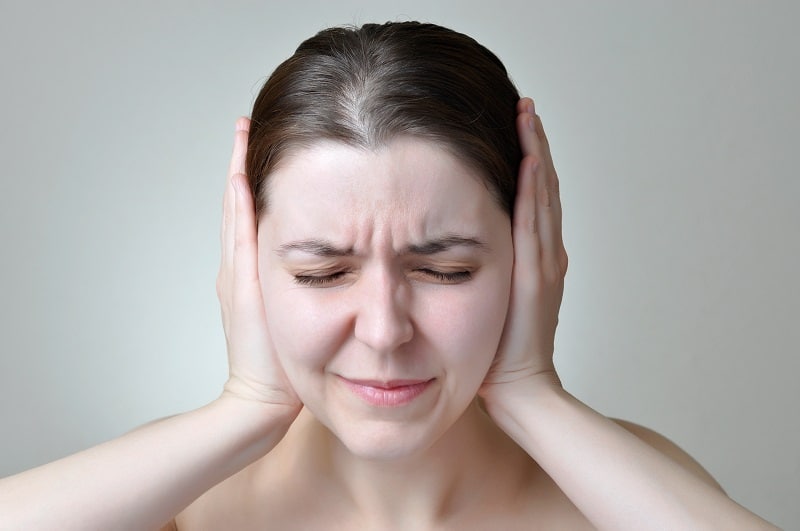We hear so many things about hearing loss including:
- How to get a hearing evaluation
- The best hearing aids to purchase
- Tips for hearing better in crowds.
While these are all important topics to discuss and details to know, many headlines these days dig deeper into the often unseen effects of hearing loss.
- The fact that those with mild hearing loss have been shown to be nearly twice as likely to have symptoms of depression than those with normal hearing
- That those with hearing loss may have a greater risk of premature death
- How hearing loss has been linked to higher risk of cognitive decline and dementia, even starting with young adults diagnosed with hearing loss
And many of these are rooted in personality changes and social isolation, which often occurs as people’s hearing is lost.
Experts believe that as people lose their hearing and find it more difficult to communicate (especially when the hearing loss is untreated) and interact with others. With the increased anxiety and stress that often comes with socializing, they become less extroverted as it may seem easier to withdraw from the people and activities they used to enjoy.
Root of the problem
While social isolation and the health risks it may lead to has for some time been linked with hearing ling, recent research from the University of Gothenburg confirmed this tendency to withdraw when people develop hearing loss. In the study, 400 individuals aged 80-98 were followed over six years. They were evaluated on physical, mental, social, and personality factors.
Researchers found that a decrease in extraversion, one of the factors evaluated during the study, could only be linked to the participants’ hearing loss. While some may argue that the tendency to withdraw is age-related, the study indicated that hearing loss still increases the likelihood of this shift to be less outgoing.
This connection between hearing loss and decreased social activity doesn’t just mean a more relaxing social calendar. It can be an alarming health risk. Over time, it can lead to social isolation, which can damage vital social connections and lead to those even more significant concerns of depression, anxiety, cognitive decline and premature death.
What this means
If you or someone you know has hearing loss, nurturing your social connections may be one of the most important things you do for your health:
- Start with a hearing evaluation: If you haven’t already, schedule a hearing evaluation to determine your level of hearing loss and get treated. Hearing aids can help you stay active and connected with friends and family.
- Start the conversation: Nearly 50 million Americans have hearing loss. It’s time to be open with the people around you about it because chances are more than one also has hearing loss. This openness can foster conversations, help strengthen connections and help you feel more at ease when you socialize.
- Keep making plans: Remember that people want to spend time with you. Hearing loss doesn’t change that. True, you may pick a different restaurant or opt for a smaller quieter event, but whatever you do, keep spending time with those family and friends!
Don’t let hearing loss change your personality and push you into social isolation. Treat your hearing loss and keep going strong!




